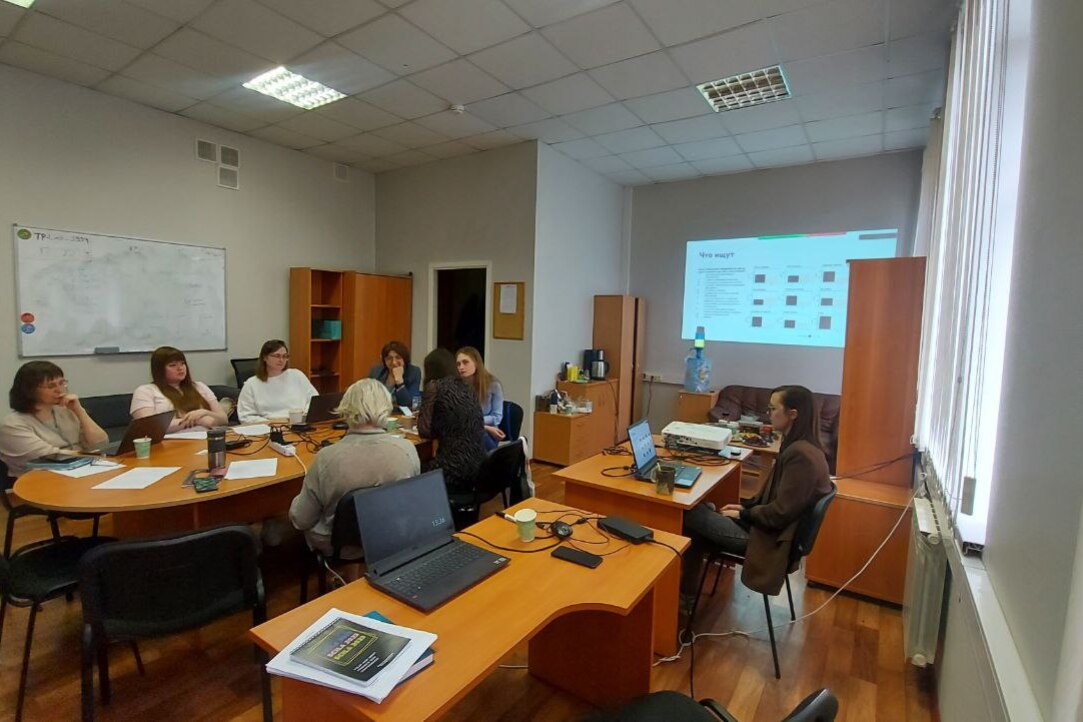SCILA hosted a scientific seminar titled "Health Information Consumption on the Internet: Experimental and Computational Analysis Methods."
On April 26, specialists from the Laboratory of Social and Cognitive Informatics and Tomsk State University discussed the changes that occurred in information consumption on the Internet after the COVID-19 pandemic.

The participants in the discussion included:
From the Laboratory of Linguistic Anthropology, Tomsk State University: Zoya Rezanova, Yuliya Sypchenkova, Valeriya Vladimirova, Ekaterina Tagina. From the Laboratory of Social and Cognitive Informatics, HSE University Saint Petersburg: Elena Artemenko, Olessia Koltsova, Maxim Terpilowskiy, Larisa Mararitsa, Elina Tsigeman, Evgenia Alenina, Alexia Syromyatnikova.
The focus of attention was on the following questions:
- Mechanisms of forming interest and trust in informational messages, which may influence the public's behavior and engagement in health preservation practices.
- Users' attitudes towards socially significant health issues and their success in recognizing knowingly false information.
- The role of individual literacy and ability to verify information in the fields of medicine, biology, and health.
- Existing biases and concerns regarding health and medical information.
